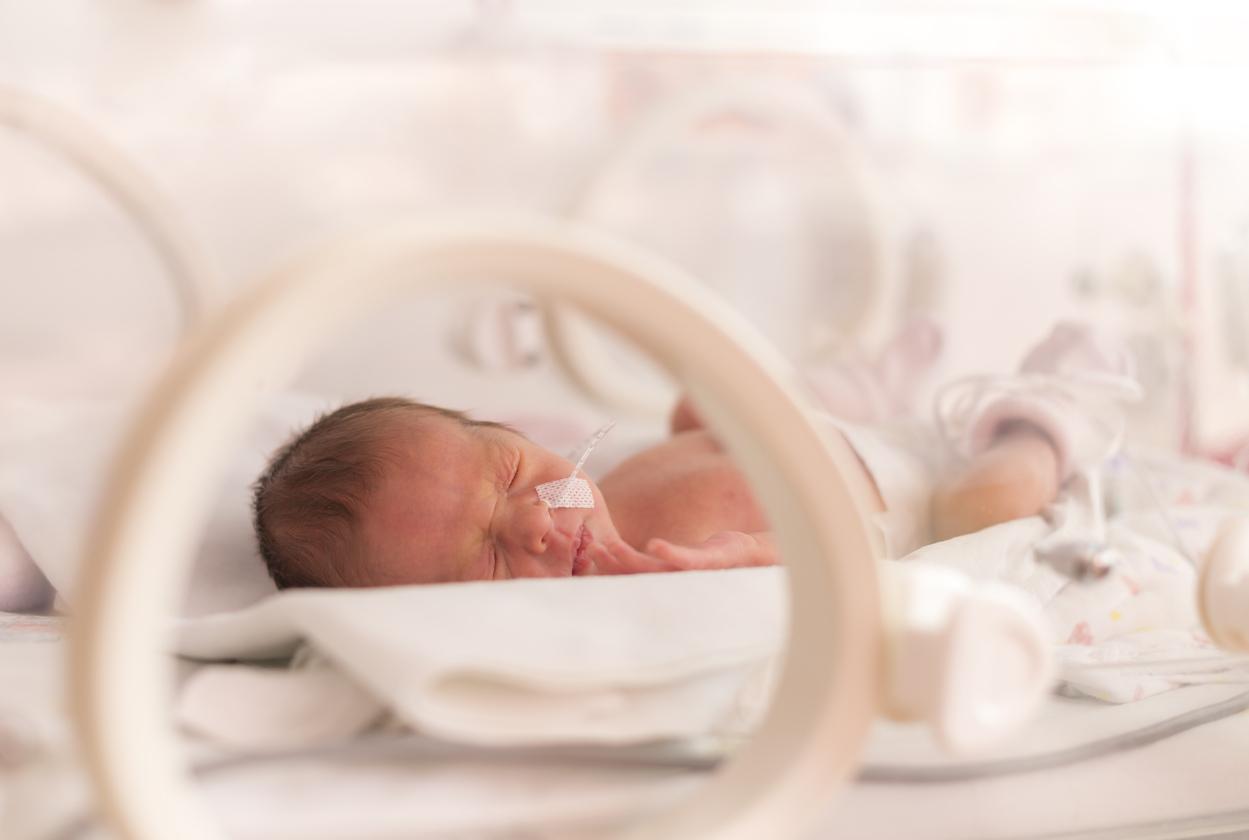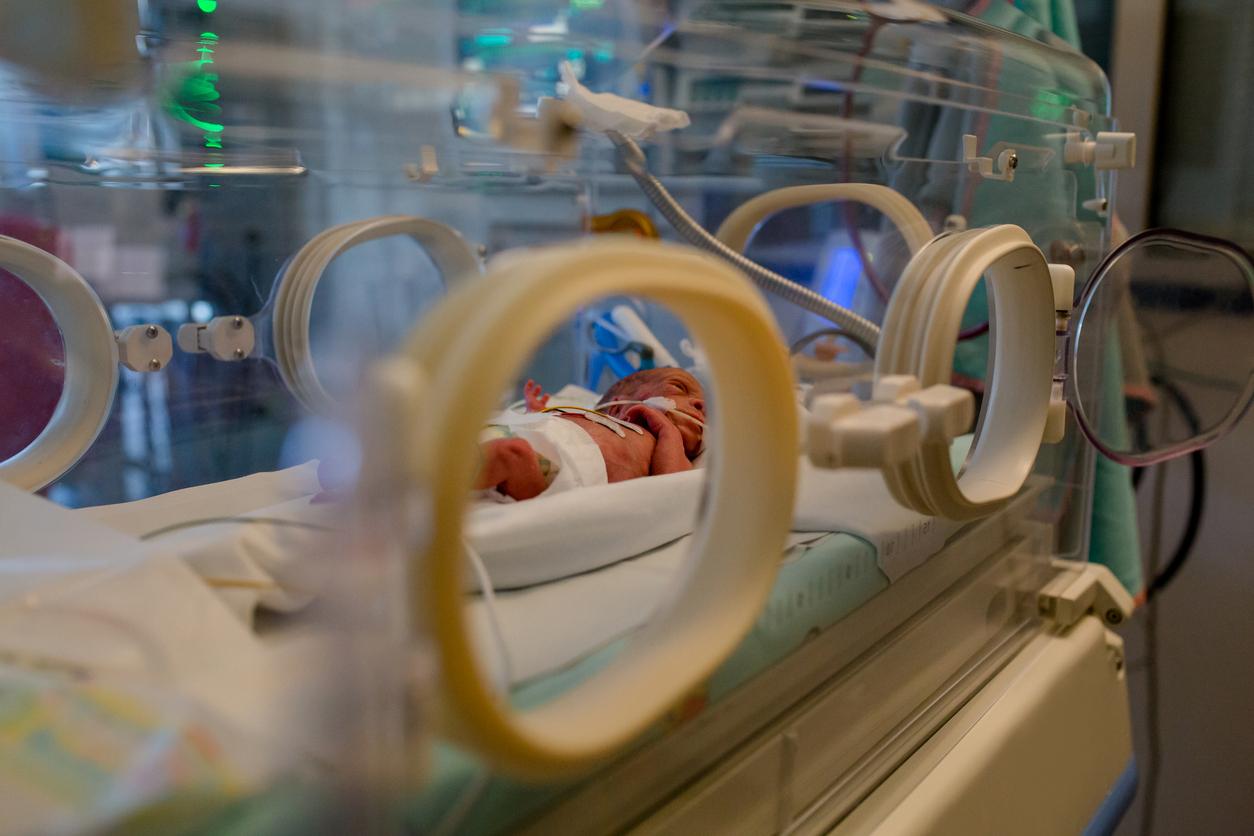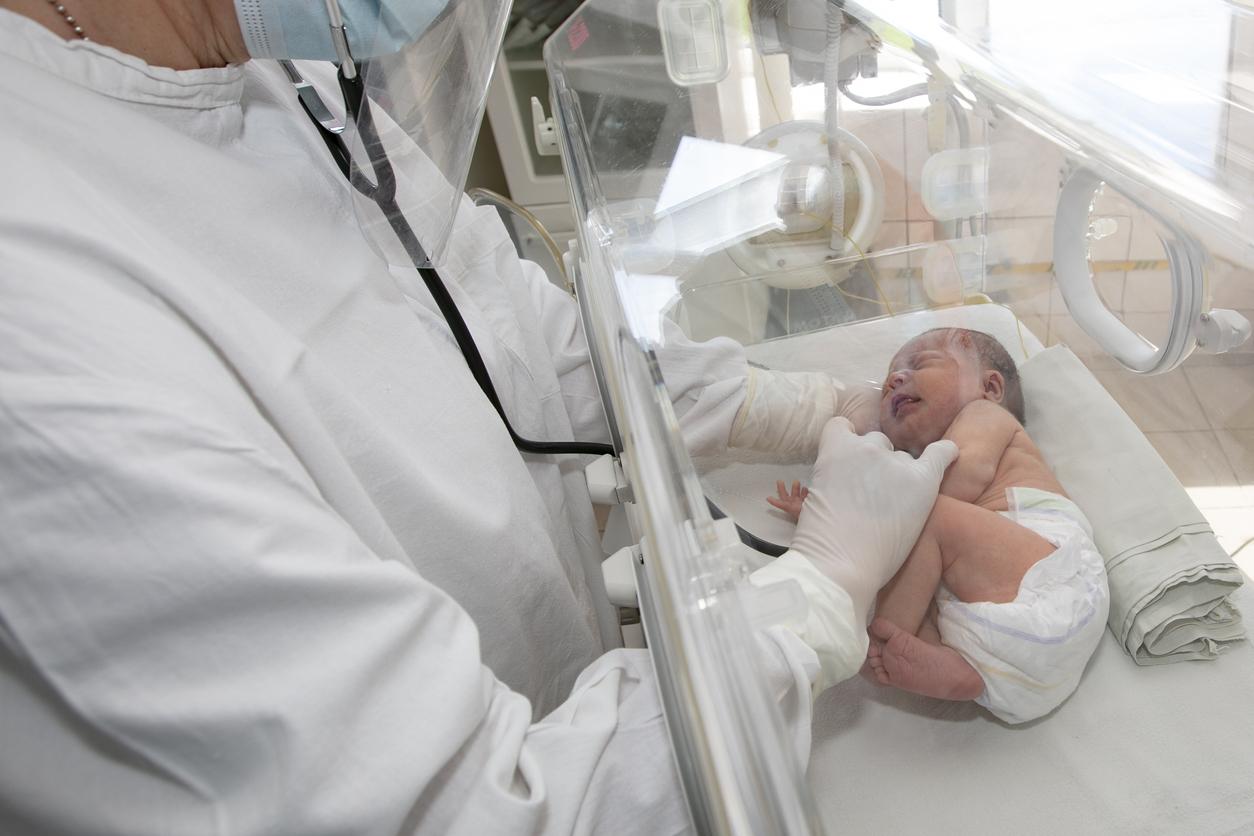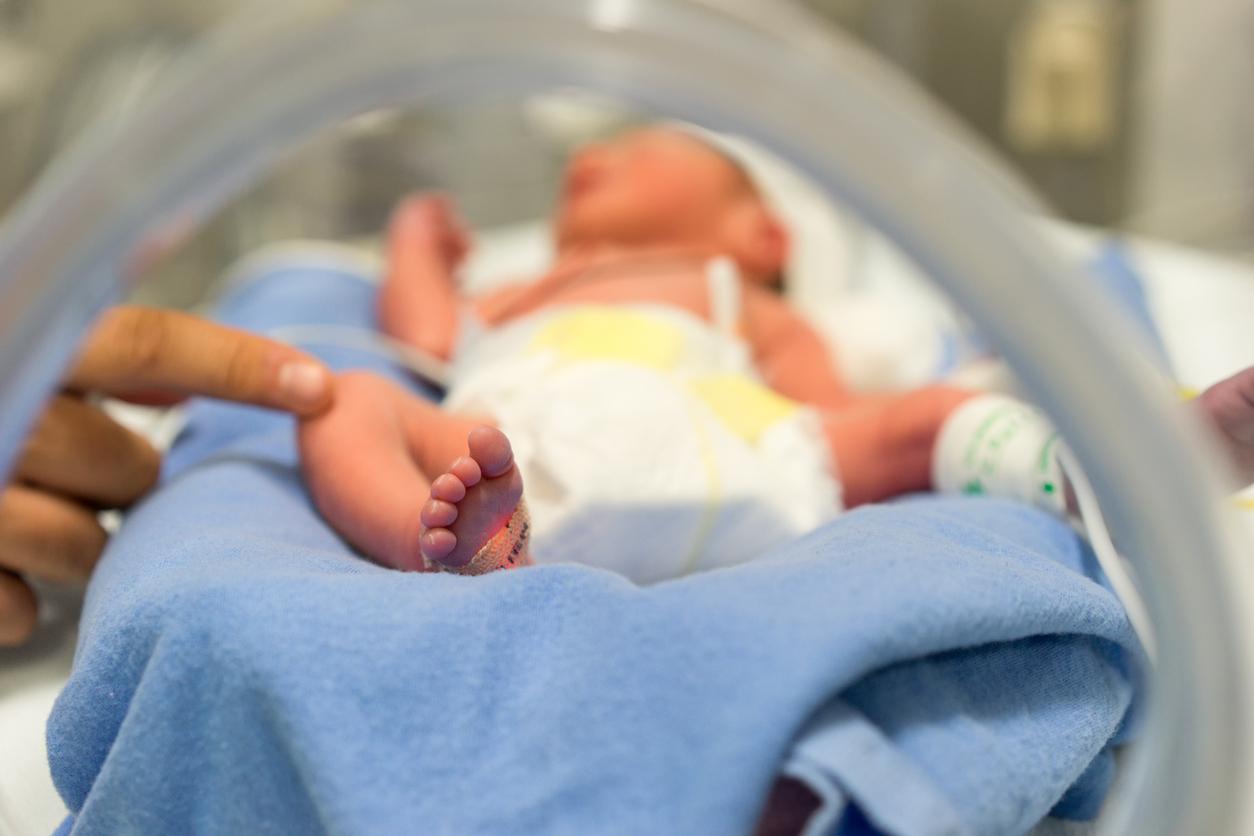Between 1 and 2% of newborns are very premature. These babies are born before the 32nd week of pregnancy (i.e. before the 8th month) and are therefore subject to a higher risk of mortality and neurological disorders higher than babies born at term. To better take care of these infants, the National Institute of Health and Medical Research (Inserm) coordinates the European project EPICE (for Effective Perinatal Intensive Care in Europe). According to a recent study conducted as part of this program, four practices that are effective in improving the survival and long-term health of very premature babies are not being used enough. The results are published in the British Medical Journal.
Prevent hypothermia and improve breathing in premature babies
The researchers relied on a cohort of 7,336 children born in 2011 in 335 different maternities across 11 countries of the European Union (Belgium, Denmark, Estonia, France, Germany, Italy, the Netherlands, Poland, Portugal, Switzerland , UK). Jennifer Zeitlin, Inserm Research Director at Paris Descartes University, measured the frequency and impact of four medical practices on neonatal mortality: the transfer of pregnant women to specialized centers suitable for receiving very premature babies, administration antenatal corticosteroids (for maturation of babies’ lungs), prevention of hypothermia and administration within two hours of birth of surfactant, a substance that lines the airways of the lungs and is essential for respiratory function. Result: only 58.3% of very premature babies benefited from these four recommended practices.
Practices that would reduce neonatal mortality by 18%
The researchers then modeled the impact of this management of premature babies. It appeared that if each child had received these four types of care, mortality would have been reduced by 18%. “Maximizing the number of extremely premature babies who receive all of these practices could bring considerable benefits in terms of survival, without increasing the severe morbidity of the survivors.“the researchers conclude in their publication.
>> To read also:
Breastfeeding protects the heart of premature babies
Premature babies: the benefits of the kangaroo method are confirmed
Baby born at 25 weeks pregnant saved by artificial kidney
Ultrasounds to detect the risks of premature birth
















